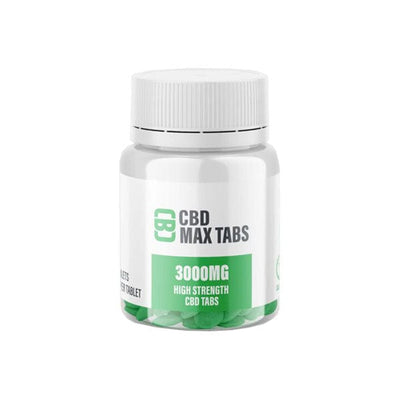CBD and Cardiovascular Health: What Does the Research Say?
Introduction:
Cardiovascular diseases are the leading cause of death globally, with millions of people affected by conditions such as hypertension, atherosclerosis, and heart failure. While conventional treatments include lifestyle changes, medications, and surgical interventions, there is growing interest in the potential of cannabidiol (CBD) for improving cardiovascular health. In this blog post, we will examine the current research on CBD and its implications for cardiovascular health.
What is CBD?
Cannabidiol (CBD) is a non-psychoactive compound found in the Cannabis sativa plant, known for its potential therapeutic properties. Unlike delta-9-tetrahydrocannabinol (THC), which causes the "high" commonly associated with marijuana use, CBD does not produce mind-altering effects. Research has shown that CBD may provide relief for various conditions, including chronic pain, inflammation, anxiety, and epilepsy.
CBD and Cardiovascular Health: A Closer Look
Research on CBD's effects on cardiovascular health is still in its early stages, but some studies have shown promising results. The potential benefits of CBD for cardiovascular health may be attributed to its anti-inflammatory, antioxidant, and vasodilatory properties.
- Anti-Inflammatory and Antioxidant Effects:
Inflammation and oxidative stress play crucial roles in the development of various cardiovascular diseases. CBD has been shown to have anti-inflammatory and antioxidant properties, which could help reduce inflammation and oxidative damage in the cardiovascular system. By mitigating these risk factors, CBD may potentially help prevent the development or progression of cardiovascular diseases.
- Vasodilatory Properties:
CBD has been found to cause vasodilation, or the relaxation of blood vessels, which can help lower blood pressure. High blood pressure is a significant risk factor for heart disease and stroke. A study published in JCI Insight in 2017 found that a single dose of CBD reduced resting blood pressure and the blood pressure increase associated with stress in healthy volunteers. However, more research is needed to establish the long-term effects of CBD on blood pressure regulation.
- Reduction of Cardiac Arrhythmias:
Some studies have suggested that CBD may help reduce the incidence of certain cardiac arrhythmias, or irregular heartbeats. A study published in the British Journal of Pharmacology in 2010 found that CBD reduced the occurrence of ischemia-induced ventricular arrhythmias in animal models. These findings indicate a potential protective role for CBD in the context of ischemic heart diseases, but further research is required to determine the mechanisms involved.
Current Limitations and Future Research:
While the preliminary research on CBD and cardiovascular health is promising, it is important to note that many studies have been conducted on animal models or small sample sizes. More large-scale, long-term clinical trials are needed to establish the safety and efficacy of CBD for cardiovascular health. Additionally, the optimal dosage, administration method, and potential interactions with other medications need to be thoroughly investigated.
Conclusion:
The current body of research on CBD and cardiovascular health suggests potential benefits in reducing inflammation, oxidative stress, and blood pressure, as well as in preventing certain cardiac arrhythmias. However, more comprehensive and rigorous research is required to confirm these findings and establish the safety and effectiveness of CBD for cardiovascular health. If you are considering using CBD for cardiovascular health, it is crucial to consult with a healthcare professional to discuss the potential benefits and risks.






Leave a comment